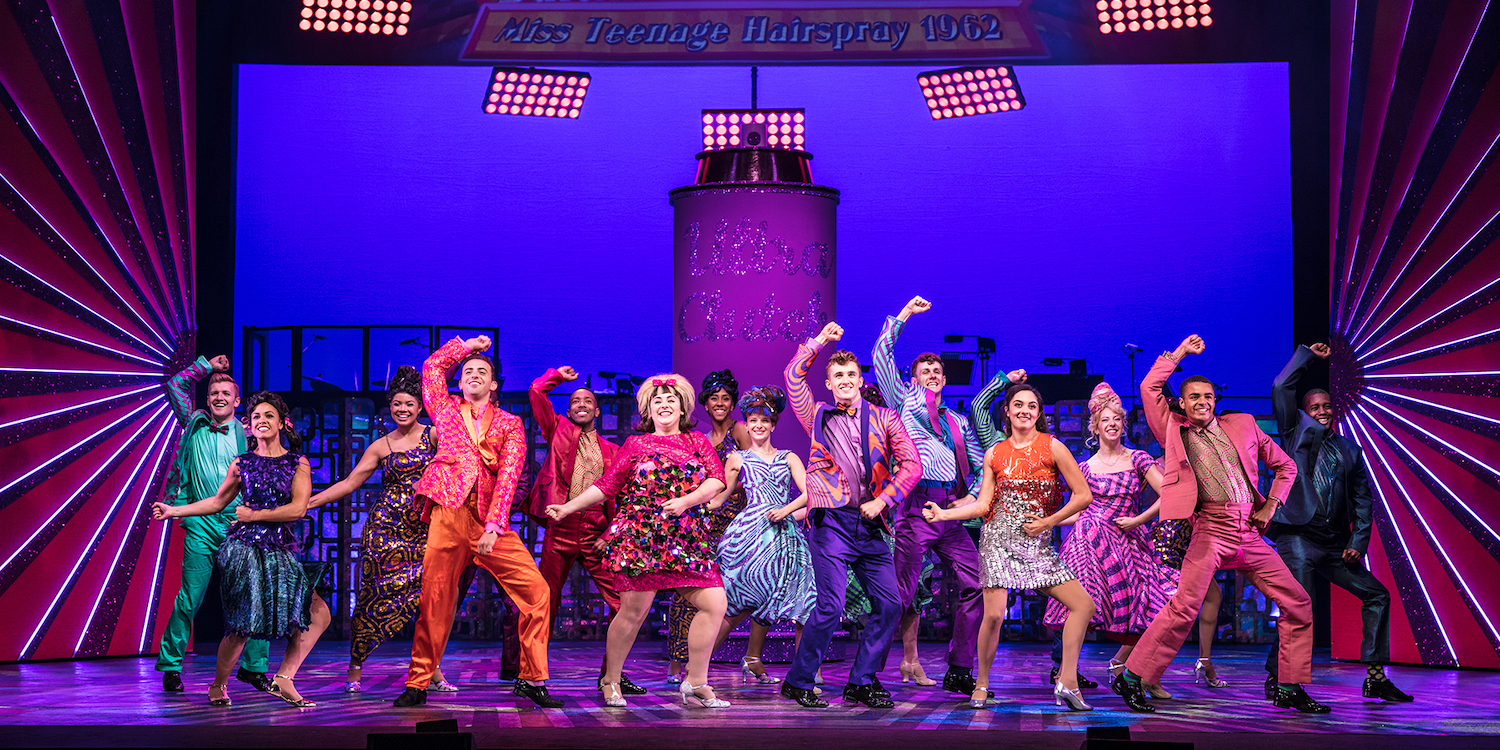
Life&Style Editor Emma Davis writes about the musical Hairspray, touching upon its incredible soundtrack and its ‘deeply poignant and impactful’ themes
Hairspray has a constant back-and-forth relationship between film and theatre, from the original film in 1988, to the Broadway musical in 2002, continuing to bounce between these mediums for the 2007 film and, amongst others, the 2021 musical. For me, despite the films showcasing an immense talent, nothing compares to watching the show live. Particularly in the contemporary context of the pandemic, being able to return to the theatre to watch such feel-good shows marks an important re-emersion into the post-COVID-19 arts. It was especially significant that the show focuses on a theme of inclusivity and integration; after over a year of literal, spatial divide, as well as the prominence of movements such as Black Lives Matter, Hairspray felt like the perfect musical to mark the return of both togetherness and normality.
“After over a year of literal, spatial divide […] Hairspray felt like the perfect musical to mark the return of both togetherness and normality
The premise of the musical surrounds the Corny Collins show – a television programme loved by the teens in Baltimore, whose stars include the desirable Link Larkin (Ross Clifton) and the entitled Amber von Tussle (Jessica Croll). Life in Baltimore is relatively regular for protagonist Tracy Turnblad (Katie Brace) and her best friend Penny Pingleton (Rebecca Jayne-Davies), as we can see from the opening number, ‘Good Morning Baltimore.’ This life is quickly overturned when Tracy, in a twist of fate, ends up as a permanent fixture on the show, thanks to the help of her new friend Seaweed (Akeem Ellis-Hyman). Tracy’s position both brings her closer to Link and threatens Amber – both for Link’s affection and the title of ‘Miss Teenage Hairspray 1962.’
Here, the year is significant. Contextually, America was in the midst of the Civil Rights movement – something that the show focuses heavily on. Tracy, having noticed the lack of black dancers on the show, is further educated by Seaweed, his friends, and his family, and becomes passionate about integration on the show. Accompanied by Penny, who has fallen in love with Seaweed (much to her mother’s dismay), Tracy and Motormouth Maybelle plan a protest against the show’s segregation – a microcosm for the rejection of the widespread segregation throughout America almost a century after slavery was abolished. Although there are some barriers in their journey (a brief hiatus to jail, for example), they eventually succeed, giving airtime to both white and black dancers, demonstrating the importance of integration.
“The music, singing, and dancing was so engaging and powerful
Whilst these themes are deeply poignant and impactful, Hairspray portrays them in such an accessible way. The music, singing, and dancing was so engaging and powerful; a special mention must go to Katie Brace playing Tracy – this role was her professional debut and was performed with such natural ease. The soundtrack to Hairspray is one of my favourites, so it was no surprise that I was completely engaged instantaneously.
A few highlights for me included ‘Mama, I’m A Big Girl Now’ (the staging cleverly mirrored Tracy, Amber, and Penny, demonstrating a universal teenage experience, once again transcending social boundaries and accompanied by fantastic harmonies), ‘I Know Where I’ve Been’ (performed so brilliantly by Brenda Edwards as Motormouth Maybelle, emphasising the continuous struggle of discrimination and the constant need to keep striving for equality), as well as the iconic closing number ‘You Can’t Stop The Beat’, which was simply a celebration of song, dance, and community.
The couple who stole the show for me, however, were Tracy’s parents: Edna (Alex Bourne) and Wilbur (Norman Pace). Often breaking the forth wall, their duet ‘(You’re) Timeless To Me’ had the audience both charmed and laughing with their comedic timings and (apparent) mistakes. The pairing allowed me to find a new appreciation for the song, as well as building a rapport with the characters.
This musical is absolutely a must-see and I would wholeheartedly recommend it to anyone. The end of the performance had the audience on their feet in a well-deserved appreciation of the fantastic musical – a lasting visual accolade that proves just how good it really is.
Enjoyed this? Read more on Redbrick Culture!
Musical Review: The Rocky Horror Show – A Double Perspective
Comments